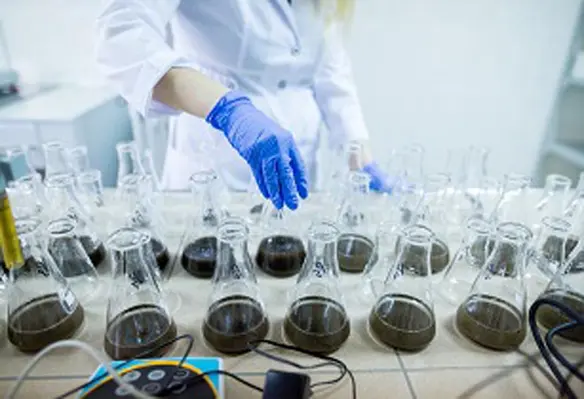Biome Makers, a global leader in biological soil analyses and microbiology, announced a new alliance with Kimitecs MAAVi Innovation Centre, Europes largest biotechnology innovation hub, for the identification of the microbiota hidden in global agricultural soils
Kimitec has positioned itself as the alternative to agricultural products based on synthetic chemistry, putting consumer health, respect for the environment, and natural productivity at the heart of the agricultural production system.
With the integration of Biome Makers’ BeCrop technology and the ‘Discovery’ area of LINNA, the Artificial Intelligence platform used by Kimitec's MAAVi Innovation Centre, Kimitec's MAAVi IC will obtain detailed data on soil microbiology to develop a new generation of customised probiotics that promote beneficial soil microbiota based on the specific needs of each soil and crop.
“Product development is evolving rapidly. Key players like Kimitec are pivotal for growers in their search for sustainable and innovative products. This agreement will allow us to increase global access to BeCrop technology and share how soil biology plays an important role in analysing the effects of ag inputs to verify functional claims and supporting the selection process of the proper ag input for each type of problem,” stated Alberto Acedo, co-founder and CSO of Biome Makers.
By conducting BeCrop Trials, powered by BeCrop technology, Kimitec will use the custom-designed in-field trials, to obtain insights on its ag input products’ effects on soil fertilisation, disease risk, yield, and overall soil microbiome pathways.
"Currently, all agricultural soils seem to be affected by microbial imbalances. This strategic alliance aims to acquire knowledge and data to restore that balance and induce a real change in agriculture," commented Félix García, CEO of Kimitec.
The alliance brings an innovative approach to improve the microbiological health of soils worldwide, an issue that affects the real sustainability, productivity, and profitability of farmers.
Following a collaborative innovation strategy, the use of these technologies will be key to meeting the challenge of feeding an increasingly growing world population on a planet severely affected by climate change.




